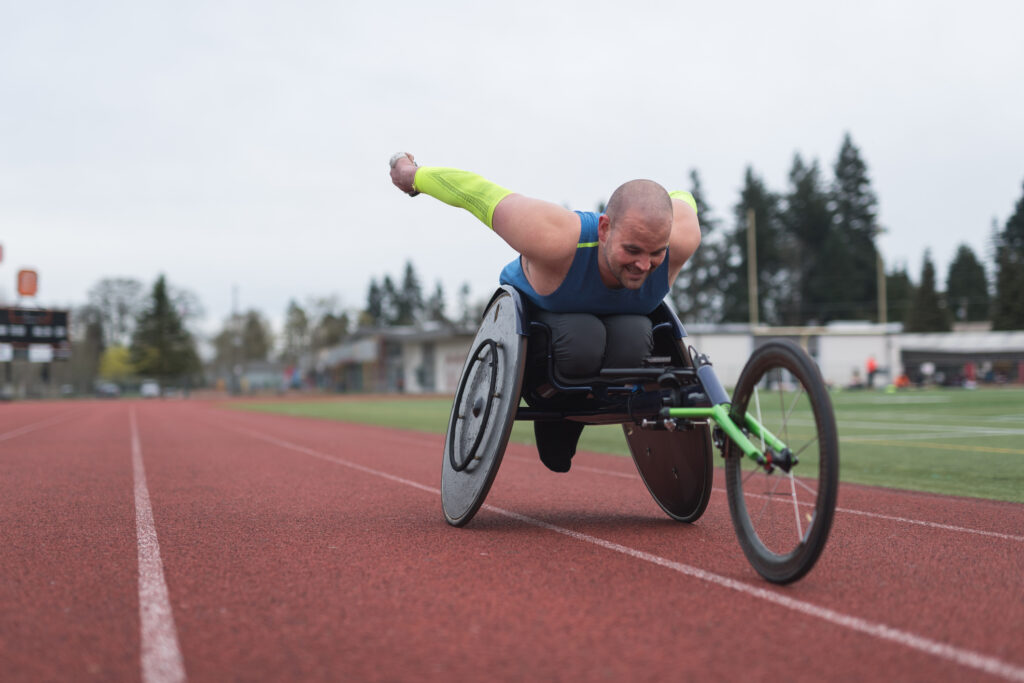Pregnancy loss (miscarriage) is a common complication during early-stage pregnancy, with approximately 44 pregnancy losses occurring globally each minute. The devastation that accompanies a loss predispose women to psychological conditions such as depression and anxiety. It is estimated that of the women who experience a loss, over a third will experience depression, nearly a quarter will report moderate to severe anxiety, at least some will experience thoughts of self-harm, and these symptoms may persist for extended periods of time. Women who experience a pregnancy loss may feel a sense of hopelessness, detachment, shame, shock and guilt. The risk of a psychological condition developing following the loss of a pregnancy is further amplified by factors such as difficulty with conception, mode of conception, previous history of loss, previous or current psychological conditions, nullipara (no current children), lower levels of education and lower socioeconomic position.
Early-stage pregnancy is characterized by elevated cardiac, metabolic and hormonal adjustments, and despite the compromised viability of the pregnancy, women who experience early-stage pregnancy and subsequent loss, still encounter these physiological adjustments. Ultimately, these physiological changes may affect both the physical and psychological outcomes of the loss. Medical management is influenced by the stage of pregnancy, and in most cases, pregnancy loss is managed through active intervention (medications, surgical procedures) or passive intervention (expectant management).
Historically, pregnancy loss has been treated as a silent trauma. This means women and their partners often experience trauma unbeknownst to those around them. With increasing societal awareness of the impact of such a loss, and considerations around the physiological, psychological and sociological factors, physical activity and exercise have the potential to be a suitable, cost-effective, evidence-based therapeutic strategy to support women during this time.
Our brief review, published in Exercise and Sport Sciences Reviews (ESSR), draws together research around pregnancy loss, psychological conditions, exercise-related benefits for mood regulation, prevention of psychological conditions and the utility of exercise for aiding future pregnancy. From a practical perspective, we suggest that even a single bout of exercise has the tremendous capacity for mood regulation, with as little as 15 minutes supporting emotional regulation following a stressful event. Further, for those who have a pre-existing psychological condition, 30 minutes of low to moderate intensity exercise improves mood. Unsurprisingly, women who have previously experienced a loss are less likely to exercise. However, there is a large body of literature that supports the use of regular exercise in the prevention and management of psychological conditions. This relationship is generally dose-dependent, meaning, with higher levels of physical activity and exercise, there is a lower risk of depression. Similarly to a singular bout of exercise, regular exercise can improve symptom severity in psychological conditions.
Beyond the benefits to mental well-being, literature suggests that exercise is associated with improved fertility. Specifically, for obese or overweight women who have a history of loss, walking for greater than 10 minutes in a single bout may enhance the probability of conceiving. While women who have experienced a loss may be hesitant to exercise, there is substantial physical and mental benefit to engaging in some form of physical activity post-loss. Consequentially, exercise, sport and physical activity professionals have the unique opportunity to utilize their expertise to support women with physical activity and exercise.
Our review suggests exercise is a promising preventative strategy and therapeutic intervention for women who may face mental health challenges following a loss. Exercise, sport and physical activity professionals should consider the varied experiences of women, for example the timing of the loss (0-20 weeks), methods used to manage the loss, physical and mental consequences and other unique pregnancy loss related factors. We suggest as little as 15 minutes is sufficient to support the emotional and physical well-being of women following the loss, with the aim to meet global physical activity guidelines whilst supporting women in their return to physical activity.

Tegan Hartmann, PhD, is a senior lecturer in exercise science at Charles Sturt University. Her research is centred on the immune-inflammatory responses to exercise in the context of chronic disease. Her current work focuses on women’s health, exploring the intersection of physical activity, mental health, and complex health conditions such as endometriosis and pregnancy loss.

Danielle Girard, PhD, is a senior lecturer and program director of the clinical exercise physiology degree within the Allied Health & Human Performance Unit at the University of South Australia. She is an accredited exercise physiologist with Exercise & Sports Science Australia and currently serves as vice president of the Council of Heads of Exercise, Sport and Movement Sciences (CHESMS), Australia. Her research focuses on exercise-based interventions for the prevention and management of a wide range of chronic health conditions, including cancer, mental illness, and cardiovascular disease. She has a particular interest in women’s health, with her work addressing issues such as pregnancy loss, endometriosis, and polycystic ovary syndrome (PCOS).




